Decolonizing ideas about climate anxiety
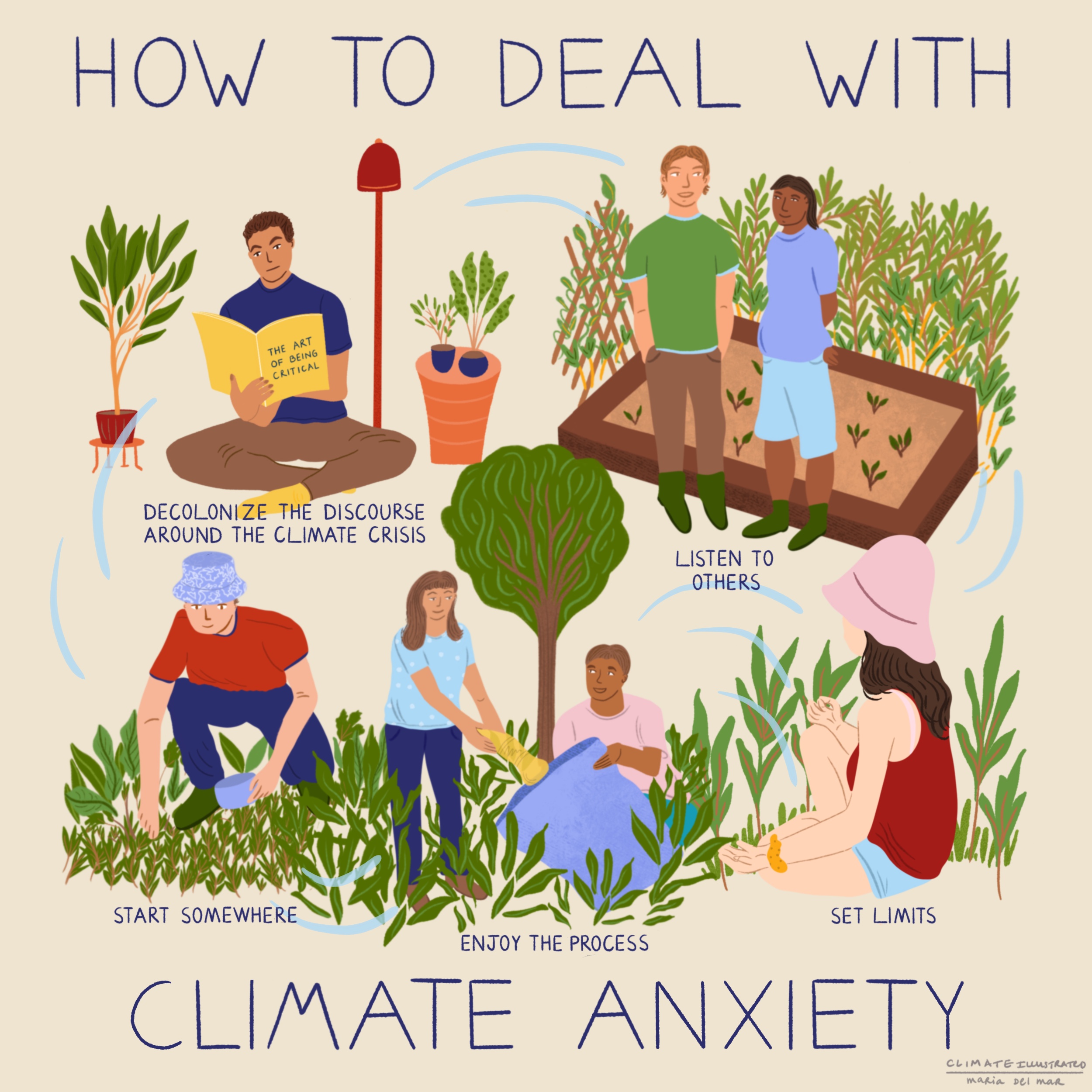
How to find joy, set limits for ourselves, learn from friends and activists, and decolonize the discourse around the climate crisis.
A few days ago, I spoke with an activist and friend that participated in the 26th UN Climate Change Conference (COP26). She told me that many of the activists, including herself, were experiencing eco-anxiety. Our conversation inspired me to write some lines and expand on the reflection about anxiety stemming from the climate crisis. I write on this topic as a psychologist in training and as someone who is part of the fight for climate justice.
I’m sure that we have all experienced anxiety in some sense. That sensation in your body when something triggers it awake. That feeling we experience when we sense some threat. That restlessness or anguish about what might or might not happen. The uncertainty of all of it.
Like my friend, many people have expressed anxiety about the climate crisis. They feel restless. They don’t know what to do. They say the abundance of information paralyzes them and the effects of the climate crisis are provoking anguish.
At the same time, discourses around eco-anxiety have colonized the way we deal with the climate crisis. Many times these discourses inject us with guilt. As if we, ordinary people, are responsible for this crisis when it’s the capitalist system and big transnational businesses that are responsible. Those forces have caused the crisis, but through their greenwashing campaigns they want to gaslight us, wash their image clean and make us feel that we are not doing anything. In the process, we become anxious about what may happen and a sense of guilt paralyzes us.
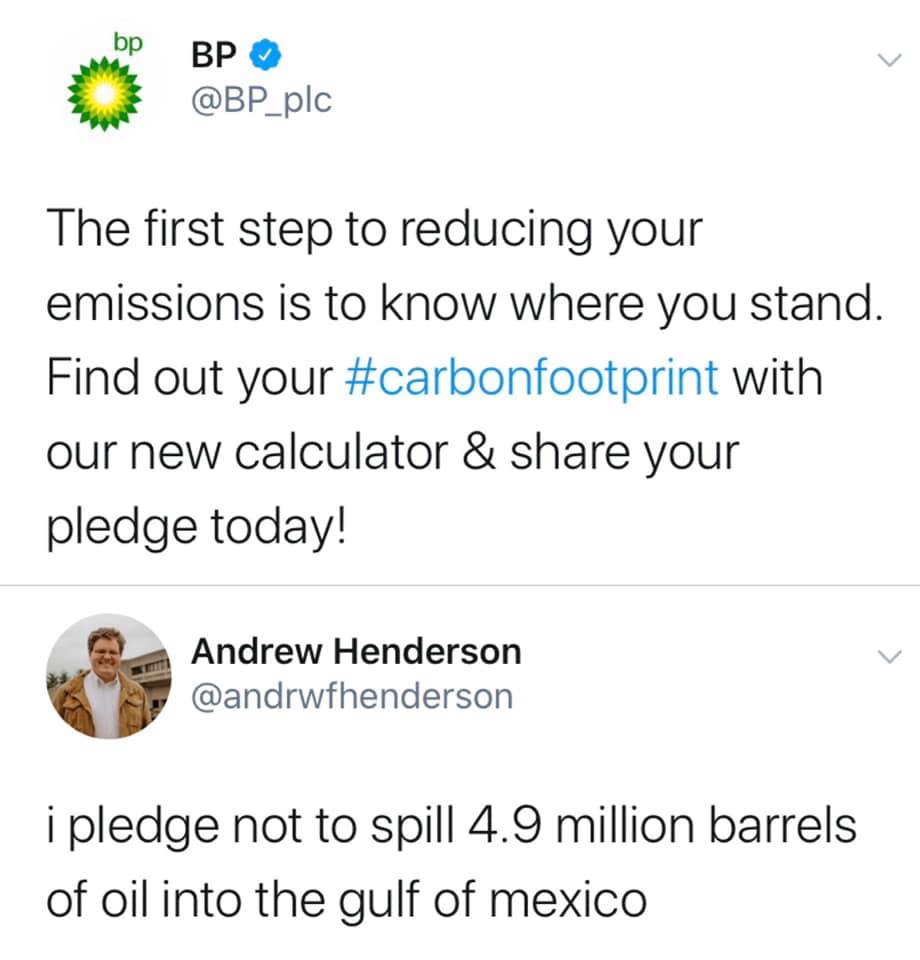
To move beyond this individualistic focus, it could help to ask ourselves why we feel anxious about the climate crisis. Each one of us can do this, and in search of the answer we might gain insights that help us better understand how we feel and why we feel like this.
The anxiety we feel can be a compass to mobilize us and to connect with the desires that move us. In this way, we can gain a deeper understanding of our own emotions and set the blame aside. This can be a path to allow our anxiety to mobilize our activism and focus on the changes we seek instead of on the guilt that chews at our freedom.
Remember that feeling anxiety is something normal. Eco-anxiety can be a signal that the climate crisis is important to us and that it’s necessary to act. It’s not something you need to hide from or push away. Instead, you can listen to it, recognize it and learn to live with it.
In this article, I share some tools that can help you (as they have helped me) to better cope with your anxiety so you can better connect with the desires within that move you and set your guilt aside.
Francisco Cáceres (Chile) is a philosopher and psychologist in training. He has worked with migrants, refugees and other marginalized communities linking education, social justice and human rights. His work in psychology focuses on resilience, climate anxiety and psychoanalysis. Contact: francisco@climateillustrated.com
Maria del Mar is a designer and illustrator. She studied graphic design and developed an interest in branding, editorial and surface design. Maria made the lovely illustrations for this article.
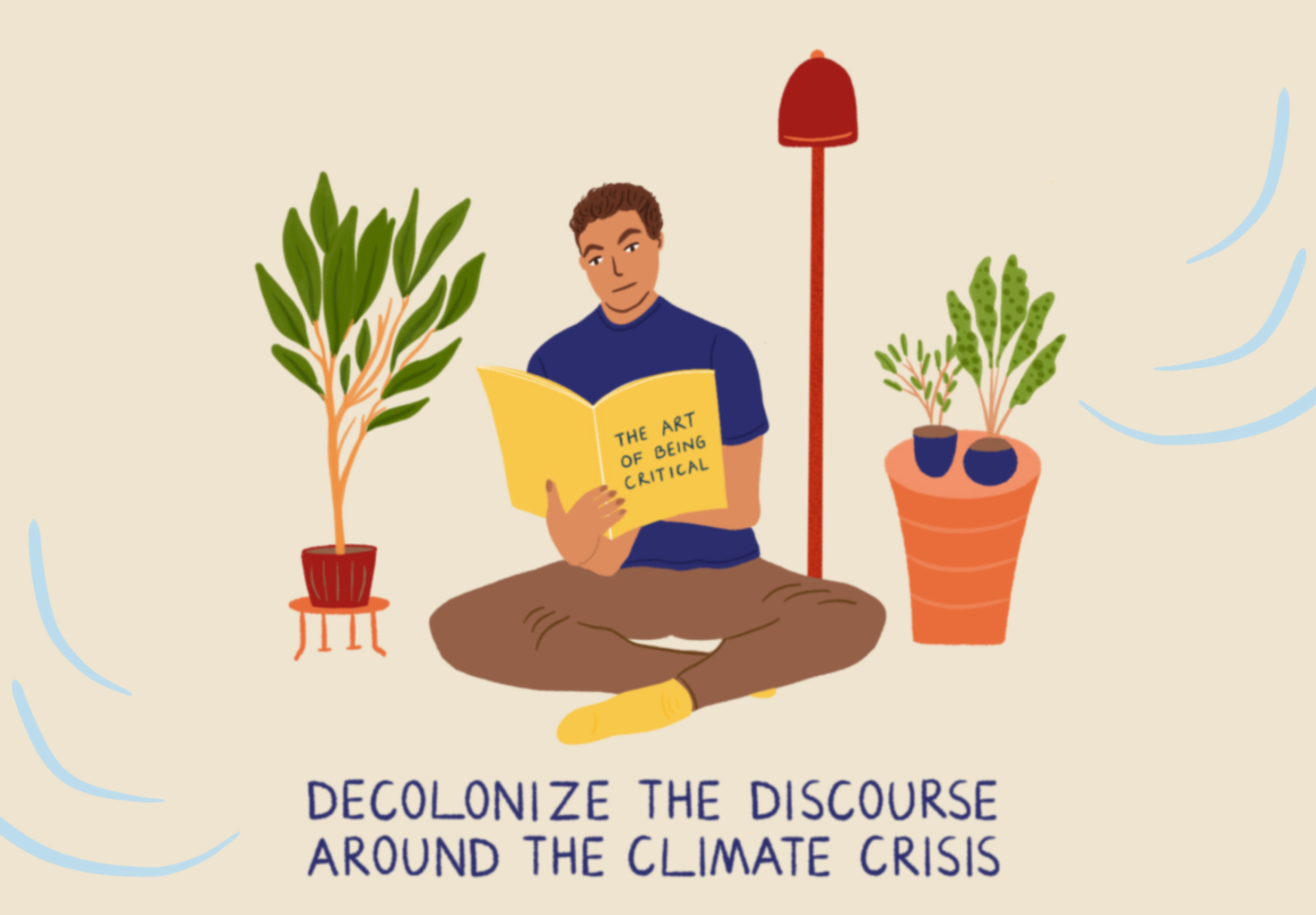
Find your own way. Each community has a story to tell. Each experience is valuable and unique.
Don’t believe everything you hear. Many times I have found that narratives told about the climate crisis are untrue. The powerful use all the available means at their disposal to create false stories that make them look better. The wealthy say (and act like) the climate crisis is a distant reality that only impacts environmentalists and polar bears. What they don’t know, or want to aknowledge, is that many of their cities will be flooded in the future.
So, be critical of what you read and hear. Decolonizing the discourses means protecting yourself from the colonization of ideas that come from other social realities. There is not just one story about the climate crisis. Your experience of the climate crisis does not have to be what others say it is; each region experiences the climate crisis differently.
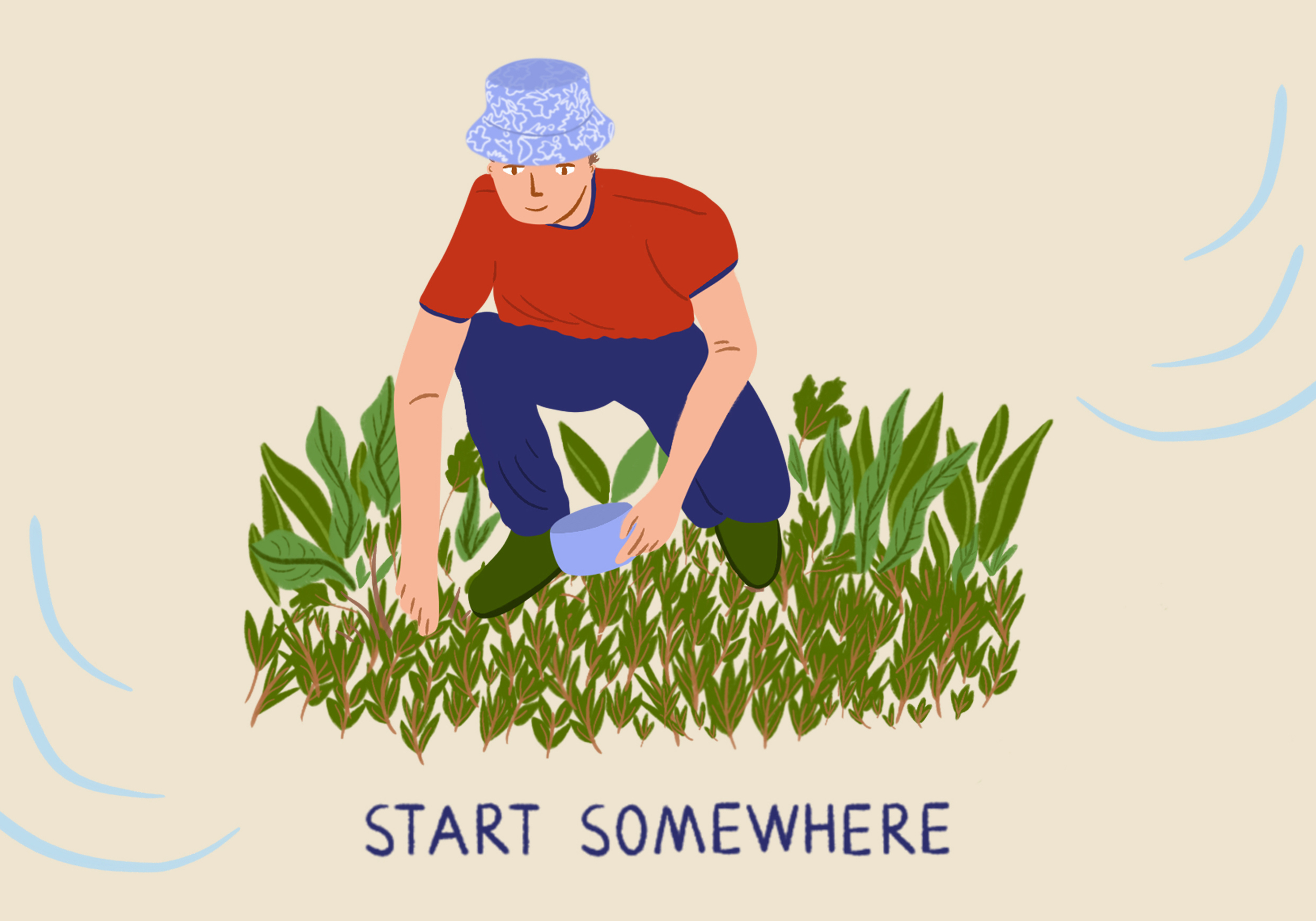
You don’t need big ideas or radical changes to begin.
I began by informing myself on the topic, then listening to stories and experiences around climate justice. Today, I try to engage in activism that makes sense to me (I’m part of Climate Illustrated and Hacemosquesuceda Podcast), linking mental health and climate justice. Look for that specific thing that is particularly meaningful to you, what helps you the most. Make that your starting point. It will help mobilize your desire to engage in the fight for climate justice.
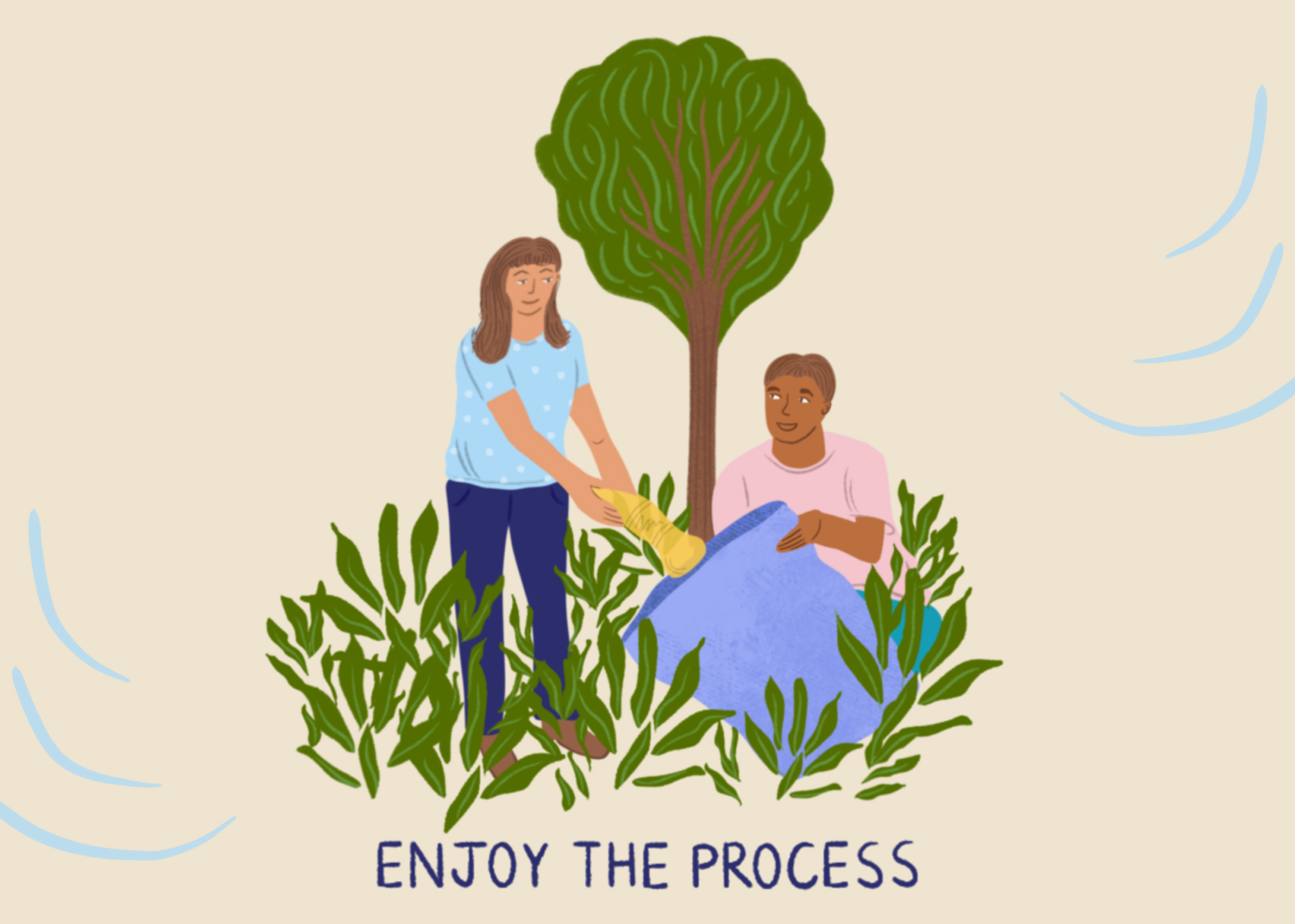
Approach finding your place with patience and enjoy what you discover. Let go of expectations and encourage fun in your work.
Often we set very high expectations for ourselves and when we don’t reach them we get frustrated. Anxiety is heightened when society demands immediate results from us. That’s why it’s important to not only focus on what we want to achieve but to pay attention to the process, or “loving the plot more than the end” as Jorge Drexler sings.
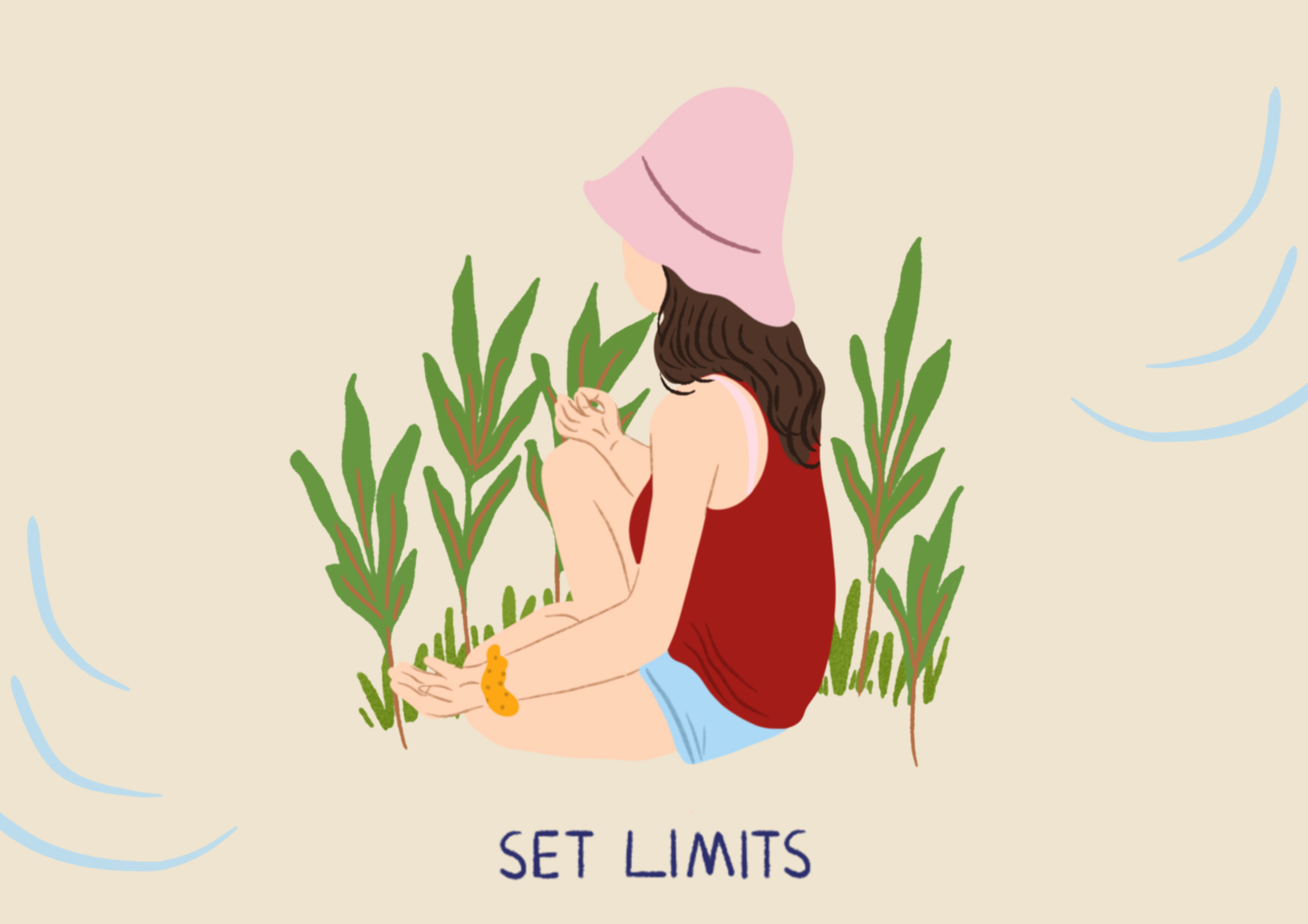
Overexposure to the subject of climate change can be harmful and overwhelming.
At first I wanted to do everything: recycle, read, attend conferences, have more contact with nature, participate in climate strikes, and so on. But I realized I couldn’t handle it all. The abundance of information and speeches around “what you should do” can cause greater anxiety. Avoid getting lost in the negative and look for ways that contribute to your personal growth. It also helps to take a break from time and time to explore other interests.
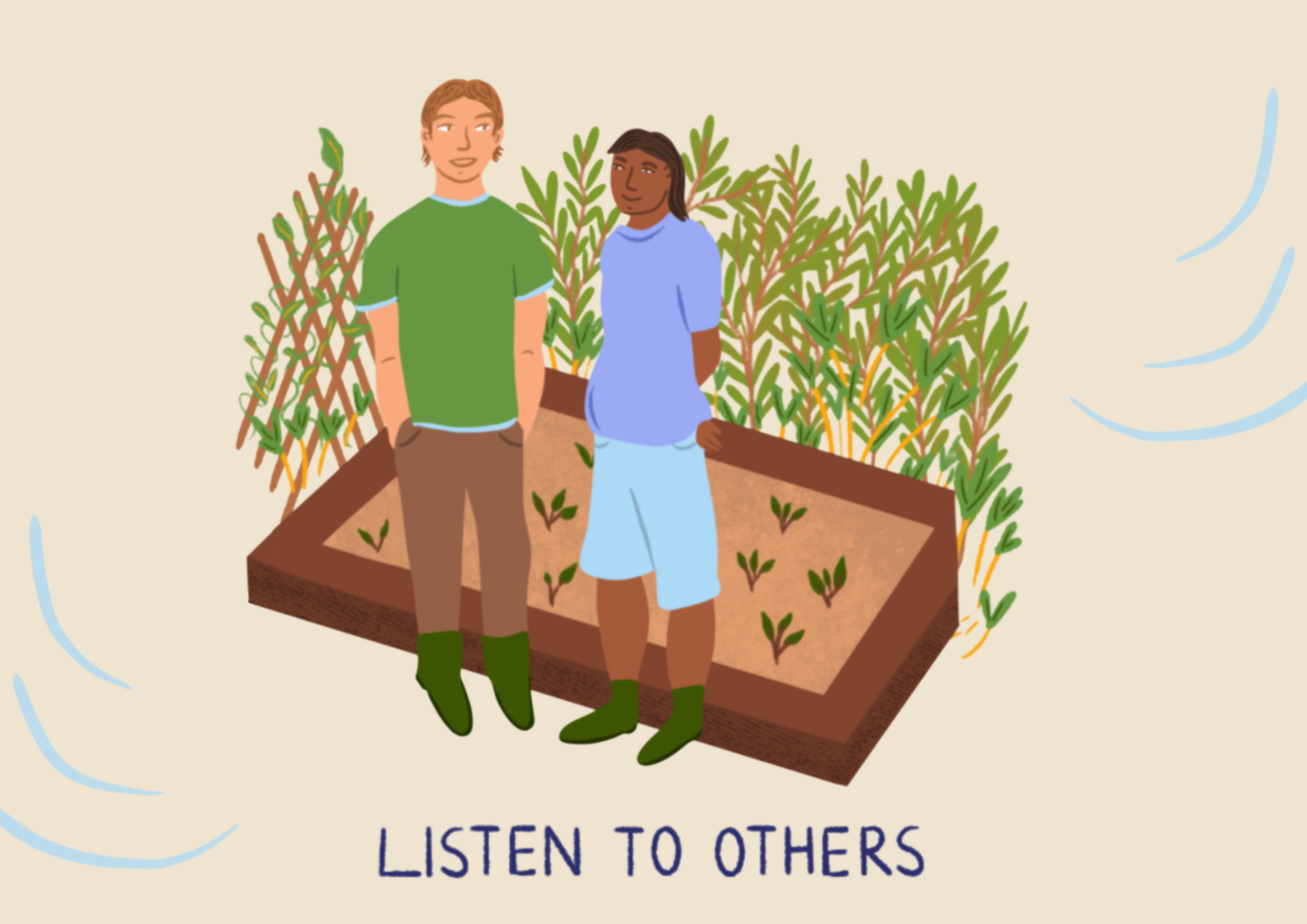
You’re not alone in experiencing anxiety related to the climate crisis.
There is a lot to learn by listening to people who have found ways to move forward and live more calmly with less anxiety. It has helped me tremendously to meet other people and hear their voices, experiences and lessons. Activism is a collaborative effort.
I hope that these ideas can help ease your anxieties (or at least help you deal with them) and that you can find better ways to navigate the climate crisis with more peace of mind. I invite you to try these ideas and believe in the changes that mobilize you.